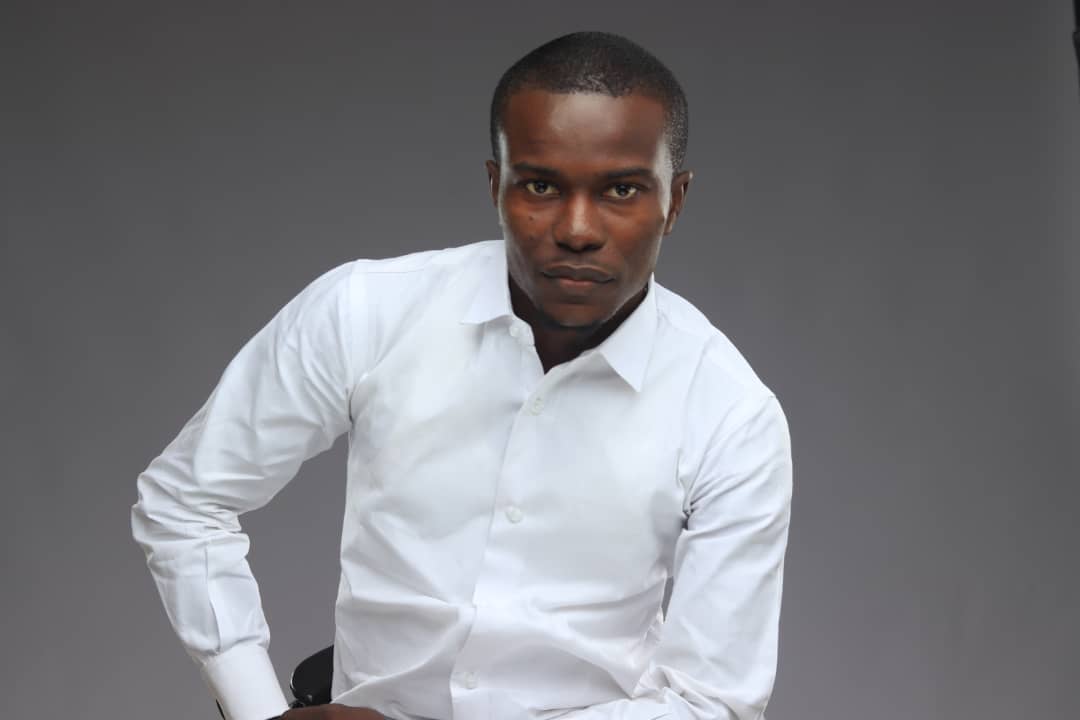Features
Mfonobong Inyang: Is Kenya Practising Democracy?

I have developed an unwritten policy that if I publicly co-sign a person, a cause or a project but for some reason, things go south – it becomes a responsible thing to also publicly address that same subject by shedding more light, debunking, criticising or altogether distancing myself from it. For the Sorosoke generation, silence on critical issues is neither golden nor sexy – it’s an indictment. Almost two years ago, I wrote about how William Ruto’s emergence as the president of Kenya was great; not just for democracy on the African continent but especially great for demography. I didn’t know much about his personality but as a rule of thumb, I trust the decision of young people. If the youths of Kenya went through hell and high water to vote him into power, it meant they saw something. Unfortunately, a buyer’s remorse took barely two years to kick in.
We The People
These are the three most important words in any democracy. I am gobsmacked at how President Ruto fumbled the bag, losing the huge political capital bestowed on him two years ago. In any constitutional democracy, the people are the employers – not the president. The highest office in the land is the office of the citizen. When a leader doesn’t think the people matter, what happens is that the people’s voices will be suppressed. Their dissent will be viewed as a threat to their hold on power, which is unfortunate because the reverse is true – leaders in a democracy only hold power in trust and on behalf of the people. Sovereignty belongs to the people from whom the government, through the constitution, derives all its powers and authority. Legitimacy is effectively a co-sign from the citizens you lead – once that is lost, such a leader has failed on the fundamental tenet of representative governance.
Zakayo
One of the reasons William Ruto rode his way to being president was by presenting himself as the “Hustler-in-Chief” – that he could relate the struggles of most young Kenyans to eke out a decent living. The “hustlers” galvanised themselves into a gestalt and delivered big time for him. Fast forward to June 2024, Ruto’s government wanted to raise about $2.7 billion in additional taxes to reduce the budget deficit. Kenya’s public debt stands at 68% of GDP, higher than the 55% recommended by the World Bank and the International Monetary Fund. The biggest irony here is that the MPs who claimed to represent the people of Kenya blatantly ignored their constituents. The president who should better understand his core demography, schedule a series of conversations and engage with his base to negotiate a middle ground, didn’t rate them. It throws up a profound question: how is it that young people were free to vote for Ruto but weren’t free to disagree with him? That doesn’t sound like democracy to me.
The More Things Change, The More They Remain The Same
Violence in 2024? Really? It was disgusting to watch military personnel and snipers being mobilised to the streets because of unarmed and flag-waving young people who love their country enough to engage their government. Teargasing, brutalising and even shooting several protesters dead. Whatever happened to town halls, media chats and citizens’ engagement? How do leaders who emerge via the ballots turn around and believe that only bullets can solve problems? It’s disingenuous to say that “the people have spoken” only after dead bodies were discovered. Why couldn’t the bill be withdrawn before the fact? It leaves me in stitches how the same legislators who swore to proceed with the bill, conveniently made a U-turn when things went south.
To think that William Ruto was hosted by Joe Biden and given a state welcome in the United States of America, the bastion of democracy, only to come back and sanction a violent clampdown on his citizens, tells the whole story. I once posited the argument that most African leaders don’t innately believe in democracy even though they parrot its ideals. I wrote, “The recent pattern we’ve seen so far is that some of these leaders realise that in a rapidly changing world where people-oriented leadership is in high demand, it’s no longer sexy to be authoritarian, so they choose to retain their dictatorial tendencies but wear a democratic face.”
Eco-what?
It’s a well-documented fact that I am not the biggest fan of the regional socio-economic groups we have on the African continent. Given the historical data and circumstantial evidence, they haven’t been shown to protect the strategic interests of their people. One of the many things I do very well aside from writing is studying people, deconstructing trends and identifying patterns. This is imperative because elders love to paint young people as petulant folks who just enjoy throwing tantrums. I once called out the unlooking game of these groups when Bobi Wine and his supporters were violently suppressed in Uganda: “Save for a handful of brave voices, a lot of gatekeepers on the continent and beyond chose to stand by and stand back as wanton human right abuses were perpetuated” and “It speaks a lot about the moral universe of certain organisations that were formed to protect and promote the political stability of its member-states on the continent”.
• Earlier this year, I called one of such groups out for their studied silence when there was chatter about a heinous social media bill in Nigeria which was a smokescreen to suppress young people’s voices. Same when the internet was shut down in Senegal; the primal attempt to undermine young people was wild.
As the emergency defenders of democracy, they were quick to condemn the emergence of military juntas in Burkina Faso, Gabon, Mali and Niger but were quiet when the preconditions that fuelled those outcomes prevailed. Young people increasingly believe that the priority of these groups is not the African people but the interests of neocons across the Atlantic. No surprise that there are strong anti-Western sentiments amongst young Africans.
Déjà vu
As a young Nigerian, I am intimately aware of the pains of my Kenyan brothers and sisters who are in the crucible of finding uhuru. In 2020, young Nigerians galvanised around a pervasive pain point and it consequently led to the famous #EndSARS protests. I deconstructed the same playbook in October 2020 which also sprung up in Kenya; proving that this is a feature, not a bug. It was an unforgettable inflection point which was upended by a shocking, grotesque and abominable intervention of state-sanctioned violence which was initially denied but later verified by multiple and impeccable voices. This quote from A Promised Land perfectly sums up what is a signature and staple for most African leaders: “The need to systematically, ruthlessly crush the protests no matter how much violence that might require and no matter how much international criticism such crackdowns might generate.” Trust me, this is why I don’t rate dinosaurs in power. It’s the absolute ghetto.
Larry Madowo Is Him
Young people consume most of their political content from over-the-top media services than mainstream media. Podcasts, X (formerly known as Twitter) and TikTok are greater drivers than cable television, newspapers, traditional broadcasting or satellite services. Yet, many people appreciated Larry Madowo’s presence, courage and objectivity in telling the story to the world. He covered the protests more as a citizen than a journalist. The viral videos contributed in no small measure to the pressure on Ruto to fold. If there is one thing most African leaders don’t like, it’s the soft power of young people especially with the rise of the digital age because it becomes almost impossible to control the narrative. Larry deserves his flowers.
In Gen Zs We Trust
My preference isn’t to talk about individuals; that’s why when I interrogated the archetypes of Moses and Joshua, I presented them as models, not men. This submission a year ago is eerily familiar: “This is one of the reasons a Moses’ mindset cannot lead Gen Zs because that mindset interprets criticism as disrespect, hence the dividends of that demography will be lost under such leadership.” I co-signed Joshua because he’s touched by the feelings of our infirmities and knows how to lead a generation born in the wilderness – without the experience of slavery. Extrapolating the anecdote to contemporary times; we need leaders with the emotional intelligence to lead a generation that didn’t experience military leadership – a demography that didn’t inherit the silence of their parents. If there is a generation that will move the needle on this continent; it’s the Gen Z. Whenever they enter the chat, they will cook.
















